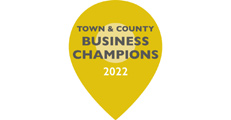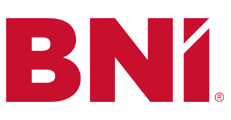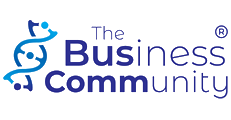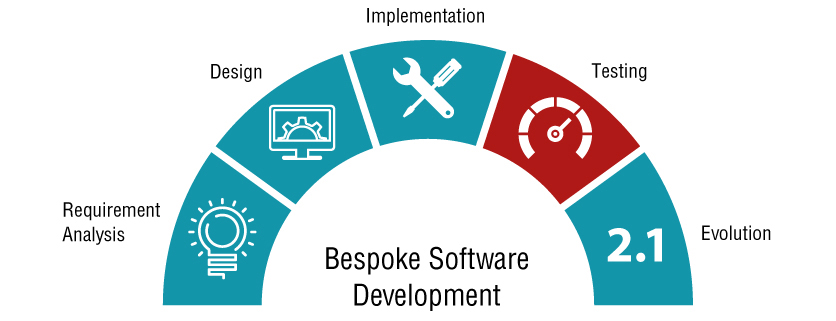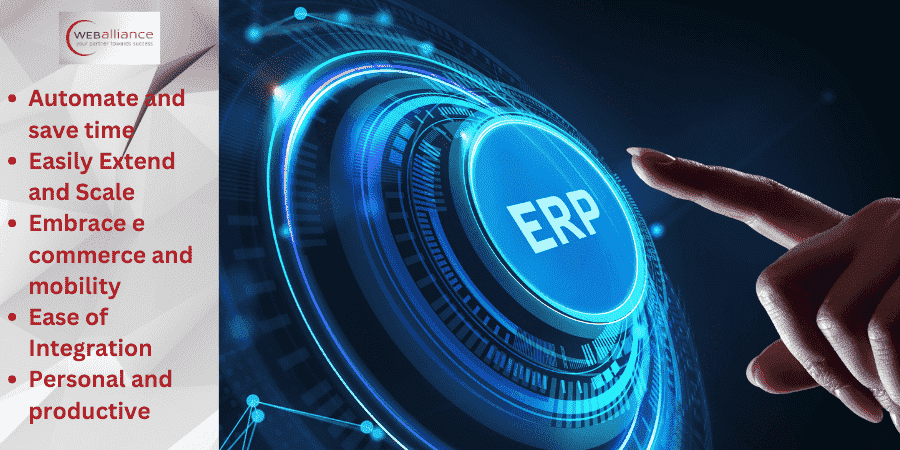Spreadsheets have long been a popular tool for businesses to manage and organise data. However, as technology advances, more efficient solutions are emerging. One such solution is Customer Relationship Management (CRM) systems.
What is CRM System?
A Customer Relationship Management (CRM) system is a powerful software tool designed to manage and enhance customer interactions, sales processes, and overall business relationships. CRM systems provide a centralised platform for businesses to store, track, and analyse customer data, enabling effective communication, streamlined workflows, and data-driven decision-making.
CRM systems offer a range of features and functionalities, including contact management, lead tracking, sales forecasting, email marketing automation, and reporting. By capturing and organising customer information, CRM systems enable businesses to understand their customers better, personalise interactions, and build stronger relationships.
The benefits of implementing a CRM system are numerous. It improves customer satisfaction by ensuring prompt and efficient customer service, enhances sales performance by providing insights into customer preferences and behaviour, and boosts productivity by automating repetitive tasks. Additionally, CRM systems enable businesses to identify opportunities for growth, optimise marketing strategies, and improve overall operational efficiency.
In this blog, we will explore the advantages and disadvantages of spreadsheets and discuss seven compelling reasons why businesses should consider making the switch to a CRM system. From spreadsheet integration and CRM automation to data migration and time-saving tools, a CRM system offers numerous benefits that can streamline your business processes and enhance productivity.
Advantages and Disadvantages of Spreadsheets
Before delving into the reasons to switch to a CRM system, it is essential to understand the advantages and disadvantages of using spreadsheets.
Advantages of Spreadsheets:
- Familiarity and ease of use: Spreadsheets are widely used and familiar to many users, making them accessible and easy to navigate.
- Basic data organisation: Spreadsheets allow you to store and organise data in a tabular format, making it convenient for simple tasks.
- Quick calculations: Spreadsheets have built-in formula functions that enable quick calculations and data analysis.
Disadvantages of Spreadsheets:
- Limited scalability: Spreadsheets can become cumbersome and inefficient when handling large amounts of data or complex business processes.
- Lack of automation: Spreadsheets require manual data entry and lack automated workflows, leading to time-consuming and error-prone processes.
- Data inconsistency: Multiple versions of spreadsheets can lead to data inconsistency and a lack of real-time updates.
- Limited data analysis capabilities: Spreadsheets offer basic data analysis features but may not provide advanced analytics or forecasting tools.
Spreadsheet's One such solution is Customer Relationship Management (CRM) systems.
Seven Reasons Why You Should Switch from Excel to a CRM:
1. Spreadsheet Integration and Data Migration:
- A CRM system can seamlessly integrate with existing spreadsheets, allowing for a smooth transition of data.
- Data migration tools provided by CRM systems simplify the process of transferring data from spreadsheets to the CRM database.
2. CRM Automation:
- Unlike spreadsheets, CRM systems automate various tasks, such as data entry, lead assignment, and follow-ups, reducing manual effort and saving time.
- Automated workflows streamline business processes and ensure consistency in data management.
3. Custom Fields Mapping:
- CRM systems offer the flexibility to create custom fields that align with your business requirements, providing a tailored data structure for better organisation and analysis.
4. Contact Management:
- CRM systems centralise customer data, allowing you to track interactions, manage customer profiles, and access relevant information from a single source.
- Contact management features enable effective communication and personalised customer experiences.
5. Lead Tracking and Sales Forecasting:
- CRM systems provide robust lead-tracking capabilities, enabling you to monitor and analyse the progress of leads throughout the sales pipeline.
- Advanced reporting and forecasting tools in CRM systems help you make data-driven decisions, identify trends, and predict sales outcomes.
6. Data Analysis:
- CRM systems offer advanced analytics features, allowing you to generate insightful reports, visualise data, and gain valuable business intelligence.
- With comprehensive data analysis capabilities, you can identify patterns, assess performance, and make informed strategic decisions.
7. Workflow Optimisation and Time-Saving Tools:
- CRM systems streamline workflows by automating routine tasks, reducing manual errors, and improving efficiency.
- Time-saving tools such as email templates, document management, and calendar integration enhance productivity and enable effective customer engagement.
The Bottom Line
Transitioning from spreadsheets to a CRM system offers numerous advantages for businesses. The integration of spreadsheets, CRM automation, data migration, custom field mapping, contact management, lead tracking, sales forecasting, data analysis, workflow optimisation, and time-saving tools are just a few of the compelling reasons to make the switch. Embracing a CRM system can streamline your business processes, enhance data management, and provide valuable insights for making informed decisions. With the evolving needs of businesses, it is essential to adopt modern tools like CRM systems to stay competitive and achieve long-term success.
Dedicated Quick Support
We have a dedicated support department. You'll get access to our online support system and support contacts, enabling you to raise a ticket for the issues or changes. We resolve 80% of the issues within a couple of hours. The remaining 20% within around 48 – always keeping you up to date.We include three months of free support.
Truly Bespoke
Our software solution is fully bespoke to your specific business need, and you’ll be the owner of the proposed bespoke system. Our experienced account managers are quickly able to learn your existing working style and provide you with the completely Bespoke Software which will learn how you work so that you don't have to learn the software.
Latest Technology
The technology used in building your tailored software will be the latest at the industry standard and we keep updating the codebase according to the changes in the marketplace to be at the top of the game and your system will be based on up-to-date technology and NOT end up with an unsupportive system.
Device independent and compatibility
We make sure the custom software we built is fully responsive and tested on most of the possible devices ranging from Desktop, Laptop, Mobile Devices and all kinds of browsers, so it can give you all freedom to use your tailored system from any device and from anywhere you want.






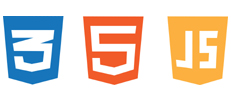
FAQs
Q. What are some benefits of using a CRM system instead of spreadsheets?
Q. How can a CRM system help my business grow?
Q. Are CRM systems expensive?
Q. How difficult is it to switch from spreadsheets to a CRM system?
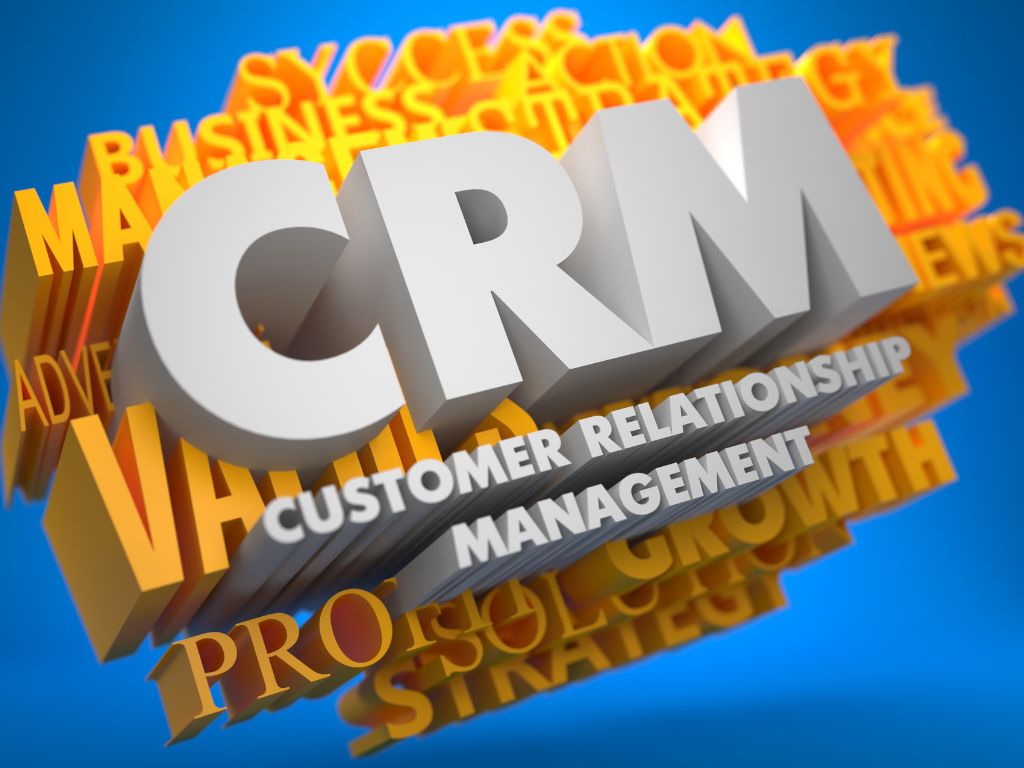
What are the business benefits of CRM systems?
Where would your business be without customers, suppliers and employees? OK &…
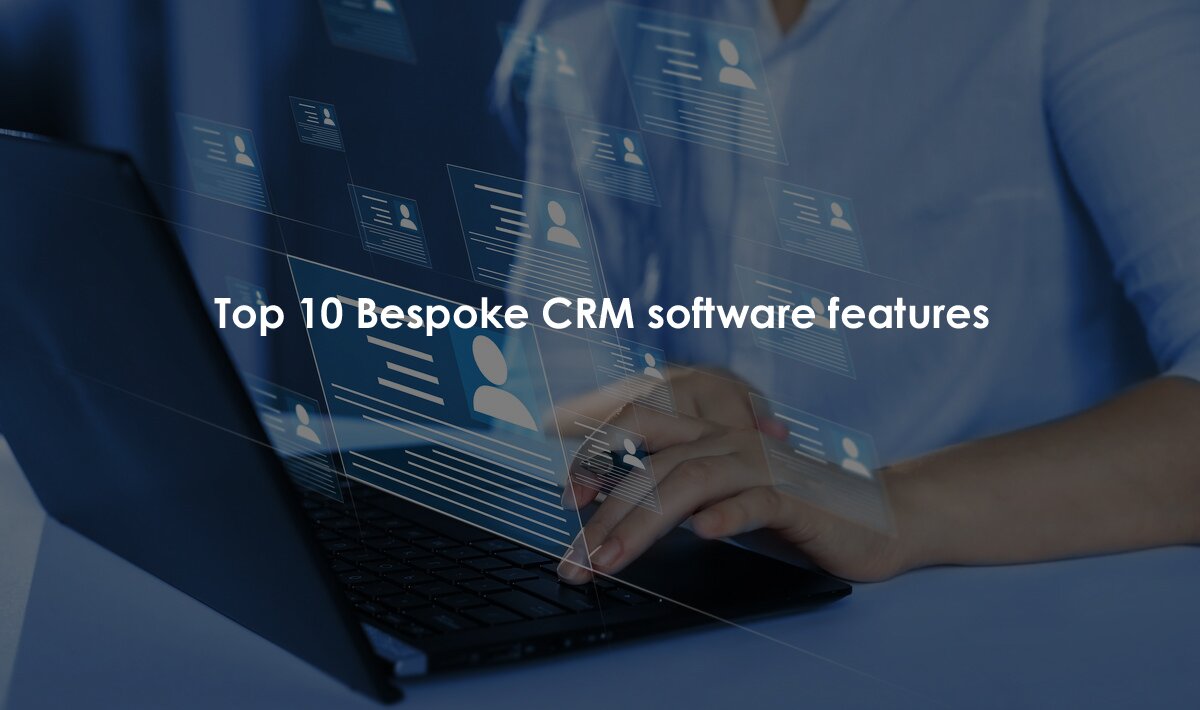
Advantages of Bespoke Software
what is bespoke software Bespoke CRM system is a software which are built …


